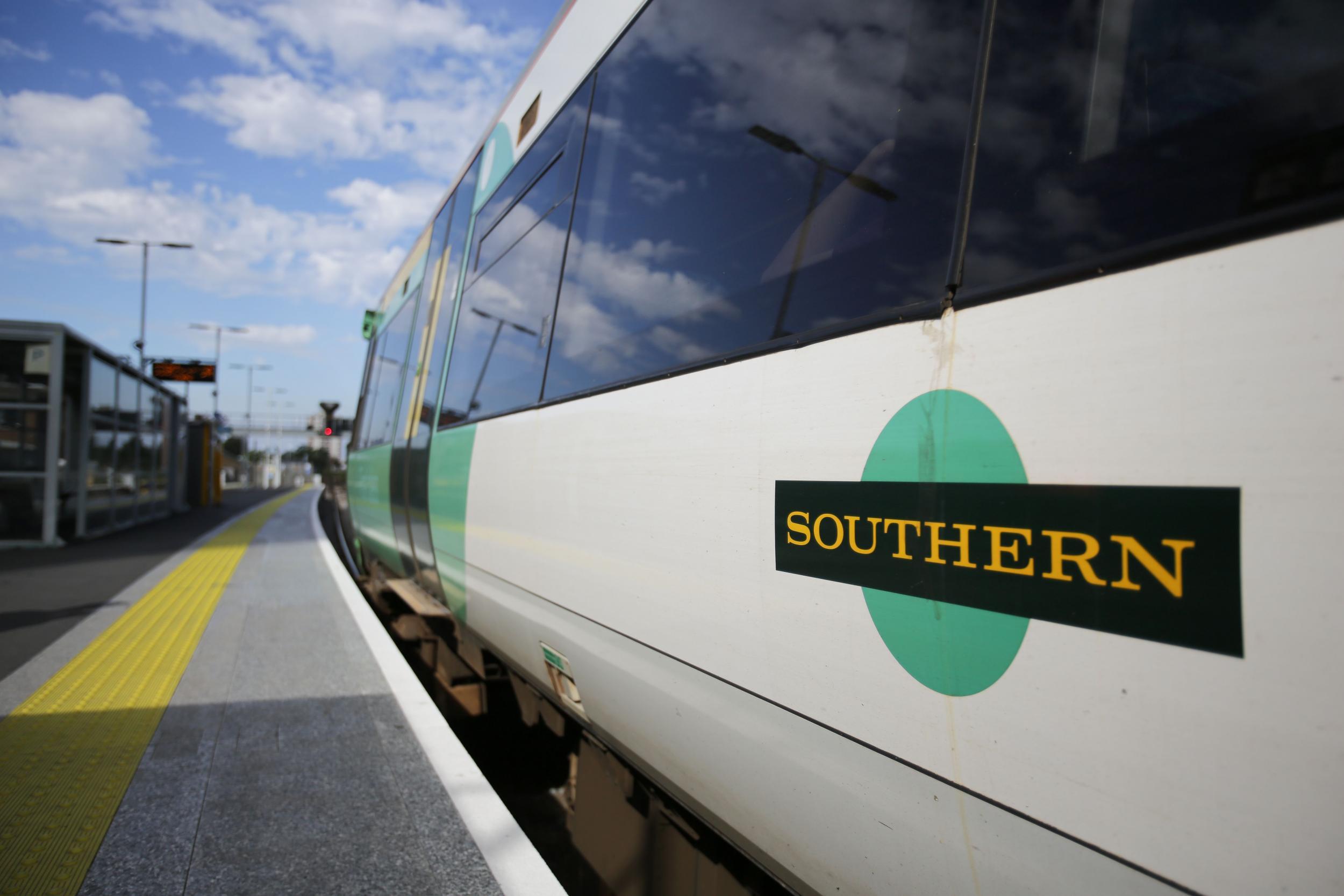MPs blast Southern Railway as guards say their dispute is not about the doors
Mismanagement, staffing and a lack of disabled access are all criticised in a report that serves as an indictment of rail privatisation

Lest we forget that MPs sometimes do valuable work, up pops the Transport Select Committee with the novel idea of examining the performance of the Southern Railway from the perspective of the passenger.
You won’t be at all surprised to learn that the resulting report doesn’t come out too well for either the Government or the franchise operator, Govia Thameslink Railway, which is majority owned by the Go-Ahead Group (65 per cent).
The Department of Transport is castigated for letting down passengers through its “failure to structure, monitor and enforce franchise agreements and the planning and management of major rail infrastructure projects”.
As for the operator, the report highlights “poor management of the franchise from the beginning, inadequate staffing, rolling stock issues, mismanagement and prolonged industrial action”.
The publication was well timed when it comes to the latter. It was released just as Southern timetables were returning to normal after the latest three day strike by RMT members, who are in a bitter dispute over the role of train guards.
There are 11 more days of strike action planned before Christmas.
Now I’ve spoken to both sides on this. In a rather tense exchange, the company said the battle was a power play by the union which doesn’t like the idea of drivers controlling the doors on its trains.
Every train will still have an on board supervisor (OBS) when this happens, I was told, so (crucially) there will always be someone there to assist disabled passengers (like me) who turn up to travel without having first given 24 hours notice. Which ought to be their right but often isn’t.
Au contraire, say the guards. If the company wins, trains will be able to run without an OBS on board. Disabled passengers will end up getting stuffed because that will end up happening a lot.
No, no, no, said the company to me. It will always be the intention to have one. But we will be able to run trains if, for example, an OBS rings in sick. If the guard rings in sick now we would just have to cancel the trains. To which I would respond by asking why the company can't work out a system of providing cover.
It isn’t hard to see an awful lot of trains running without an OBS if the company wins the dispute, because it isn’t hard to see some finance bod questioning whether the company wouldn’t make more money without them. Which is why I'm sympathetic to the guards' position.
Even if that doesn't happen, can we, in the light of the MPs' report, trust the company to keep enough OBSs on its books to ensure they’re always on its trains? Not if we accept its conclusions.
Staffing, or the lack of it, is one of the issues it highlights as is the lack of disabled access.
If staffing issues continue to bedevil the franchise after OBSs are brought it, that spells trouble for disabled passengers, or elderly passengers or even lone parents. It’s not just disabled people that sometimes need assistance.
As the guards I’ve spoken to explain, it’s not about the doors. Or it’s not just about the doors. It is about providing something approaching an acceptable service to passengers. All passengers.
In the meantime, the report stands as yet another indictment of rail privatisation, which is perhaps the worst of the lot of them when it comes to customer outcomes, although rail does have some rivals (notably energy).
The committee says this: “The proportion of services cancelled on GTR's network is now substantially in excess of the default level (when it comes to contractual obligations of the train operator). In normal circumstances, this would be grounds for termination of the contract.”
But: “GTR has made claims for force majeure (which would revise its contractual benchmarks due to events beyond their control).”
While that debate is raging, passengers, who often have no other practicable option, are unnecessarily suffering. The reputation of Britain’s railways is declining further. But profits and dividends are still flowing at Go-Ahead Group. Its shares, depressed somewhat by the Southern Rail fiasco, offer a more than generous prospective dividend yield of 5 per cent.
Which is really at the nub of the problem. Finances come first, service plays second fiddle.
No wonder an increasing number of people are calling for nationalisation of the railways. While the nostalgia for the old days of British Rail is misplaced - it was hardly an exemplar of high quality service itself - could a Government owned railway paint a worse picture than that painted by the Transport Committee about the Southern Railway?
It would actually be quite hard for anyone to do that. And there might be a little more accountability if ministers were held directly responsible for trains being stuck in the sidings.
Join our commenting forum
Join thought-provoking conversations, follow other Independent readers and see their replies
Comments
Bookmark popover
Removed from bookmarks